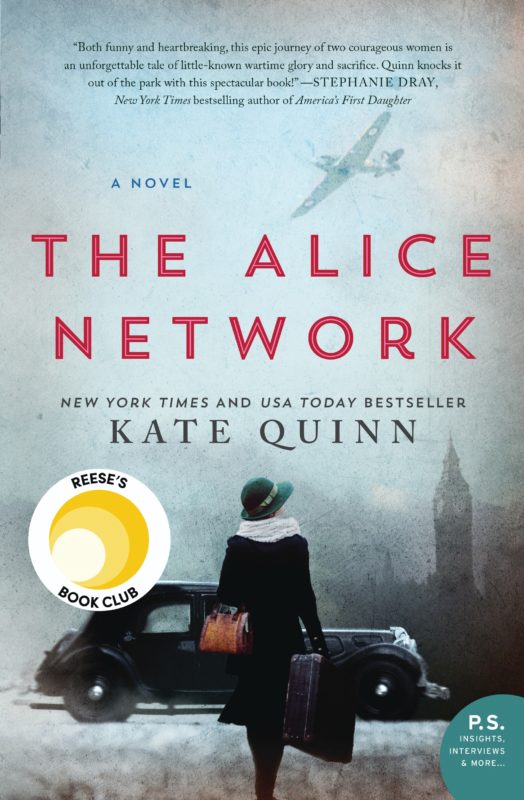I owe this page to Sharon Kay Penman, whose hilarious “Medieval Mishaps” confession marked the first time I’d ever seen a historical fiction author frankly list the errors in their own work. If Sharon Kay Penman could admit she wasn’t perfect, then I certainly can!
I’ve researched till my ears bled on every book I’ve written, but a few mistakes crept in nonetheless. I’m lucky enough to have a sharp-eyed team to help catch my mistakes – editors, copyeditor, literary agent, critique partners, not to mention my hard-working research assistant who also goes by the name of “Mom.” Even so, a few mistakes slipped past us all–I’ve made sure to forward them to my publisher so future editions and e-versions are corrected, but older books will still pop up with these mistakes.
In “The Briar Club,” the Swedish term “mormor” is used for grandmother, but it should have been “farmor” since it’s the father’s mother and not the mother’s mother. Also, the first edition has a reference to Lockheed Martin which at this point was still just Lockheed–I had a fact-checker go over the air force details for this one and he simply missed it before giving me the thumbs up that all was well.
In “The Phoenix Crown,” Gemma sups on vichyssoise at a San Francisco restaurant…but vichyssoise hadn’t quite been invented yet in 1906.
In “The Huntress,” some photography details were slightly flubbed: the reloading of a Leica is a bit over-simplified in my version, flash bulb usage would have required putting in and taking out bulbs after each shot, and the film roll step was accidentally skipped in the darkroom process as described. (Thanks due to Hendrik on Twitter for pointing these out!)
In “The Huntress,” a German chocolate cake is eaten at a funeral in 1950. Whoops–it would be another seven years or so before that recipe became popular in the United State.
In “The Alice Network,” the phrase “French and Belgian heard on the docks” is used when describing WWI-era Folkestone. Originally it was “French and Belgian voices heard,” and when voices was cut, “Belgian” should have been changed to “Dutch.”
In “The Alice Network,” a cigarette with a filter is smoked in one scene. Whoops–filtered cigarettes weren’t around yet in 1947.
In “Mistress of Rome,” a great many people sink down on velvet cushions or hurl velvet cushions during quarrels. Whoops – velvet didn’t come to the European continent until the Middle Ages.
In both “Mistress of Rome” and “Daughters of Rome,” there are references to my heroines’ lacquered or varnished nails. Dyes were used to color nails in ancient Rome, but adhesive colorants didn’t come around until there were more reliable binding agents to hold the color to the nail.
In “Daughters of Rome,” famous gourmand Emperor Vitellius makes reference to a vomitorium so he can empty his stomach and start feasting all over again. A real Roman vomitorium did not refer to a special room for bulimics, but to an egress passage from an ampitheatre or stadium designed for the rapid exit of large crowds. It’s a common misconception that I decided to include for the fun of it, much the way the “I, Claudius” miniseries included the popular thumbs up-thumbs down gesture in their Colosseum scenes even though the real “Die or live” gestures were very different. I got a few irate emails about that vomitorium reference, though, so in future I may decide not to get cute with deliberate errors.
In “Mistress of Rome” and “Empress of the Seven Hills,” reference is made to Jewish characters speaking Hebrew. Whoops – Hebrew was an ancient language even at this time period, and reserved for ritual prayers. They should have been speaking Aramaic.
In “Daughters of Rome,” a Christian slave wears a wooden cross around his neck. Turns out that the cross as a Christian symbol wasn’t widespread until the next century.
In “Mistress of Rome,” someone is dragged like a sack of potatoes. Whoops–no potatoes in ancient Rome. Which is something that I actually knew, which is why potatoes don’t appear on any Roman banquet tables, but sometimes errors sneak through in simile and metaphor when they’d be caught in ordinary text!
Who knows what other mistakes I’ve made? I count on sharp-eyed readers to tell me, and I mean that in all sincerity. If I make a mistake and no one points it out, then I will likely make that same mistake again. Any more mistakes that crop up, I will add here!







